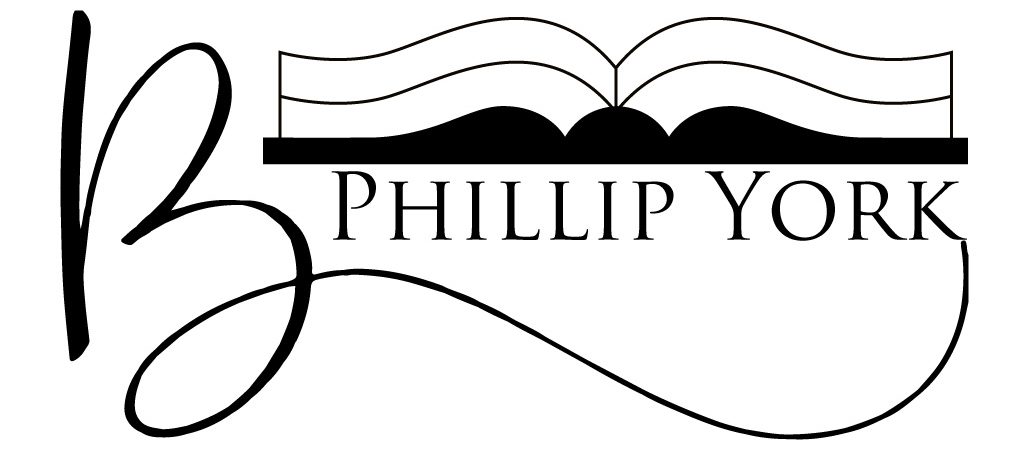Then I know what I actually Think
When I was sixteen I thought I was a good writer. I thought good writing meant grandiose, florid, bombastic, purple prose with excessive use of adjects and incredibly complex sentences that were near to being run-ons; it meant the kind of writing that necessitated reading and re-reading, not for the beauty of the words or the feeling they evoked but rather for the bewildering need to unpack layers of meaning and nested clauses.
I took a class on constitutional law, at New Vista High School, from John Zola, and I realized a couple of things. First, I was not a good writer (not to imply I am now, but I definitely wasn’t then). Second that just giving a reaction to some question or thought often leads to failure.
For me, to really get to the heart of something, or decide what I really think about an important issue I need three steps. First I think about it. Then I talk about it. Then I write about it. I don’t really have a firm grasp of my convictions or explore the fullness of thought on an issue until I sit down and write it down. There’s something clarifying and purifying about the writing process for me. Frequently I find that I change my ideas, incorporate new ones, or alter my opinions.
Getting a B in that course required getting a B on at least one paper, and some attendance and other things. I wanted to be a lawyer, and I believed I was a good writer, I thought it would be no problem.
It was a problem.
I wrote 27 drafts of a 2-page essay on the Federalist 10
Along the way, I would say I drastically improved my writing style and voice, as well as learning to really express myself, and I came to value parsimony.
I think that this kind of process would be really valuable for a lot more people to engage in. So often people just spout off. But our knee-jerk reactions are frequently just based on what we’ve always believed or assumed to be true. And so often, when challenged, people just double down or get defensive.
Most people seem to absorb the idea of ethics and morals and inherit most of what they believe from their parents and their environment, develop a little over time, and mostly freeze when they enter adulthood. I think part of the problem is that people are rarely challenged, and when they are, they react inappropriately, personalizing any criticism.
The modern media apparatus and the nature of social media mean that for the most part, people exist within bubbles of like-minded individuals. When people do disagree, the agreement is nearly always tribal, with people performatively signaling that they agree with this group or that group.
The process of writing and self-reflection forces people to consider alternative points of view. Constructing logical arguments, and appealing to logos rather than pathos, as people are frequently challenged to do in essays, forces people to get away from their own emotional reactions and look for reasons to believe what they believe.
There’s also the necessity of answering those logical arguments from the other side, embedded in the argument and counter-argument of how argumentative essays are typically written. The failure to acknowledge and deal with the arguments of the other side in a logical manner. Unlike the talking (shouting) heads that frequently populate media, and are looking to score points with a quick bon mot, reasoned discourse, even with yourself, is an incredibly valuable thing. And forcing yourself to take the other side in an argument, fundamentally makes you put yourself in their shoes.
I did ultimately get a B in that course, and I believe I became a much better writer, and thinker, as a result. I think one of the problems with the United States today is that the vast majority of people stop writing, and thinking, in High School, and so their ideas, arguments, and values stay locked to a time that is moving further and further away in history all the time.

